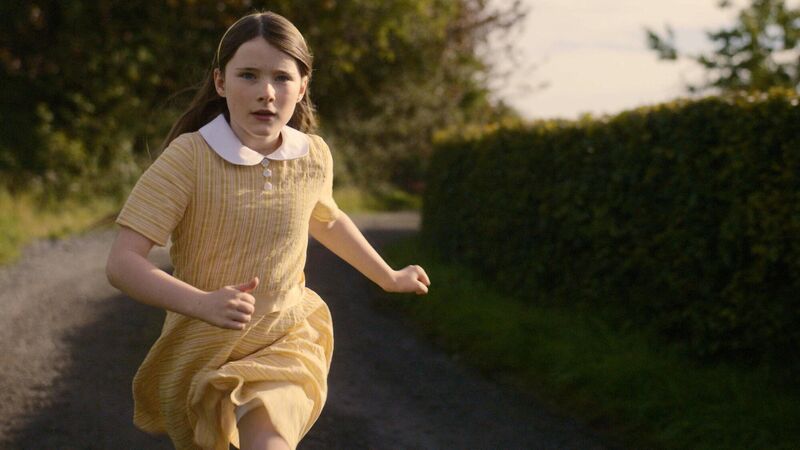Sarah Harte: As ‘An Gaeilge’ rises in popularity, standard of spoken Irish is falling

The Irish-language film An Cailín Ciúin, Ireland’s 2023 entry for the Oscars’ best international feature category, has a decent shot of making the longlist.
Try from €1.50 / week
SUBSCRIBE
The Irish-language film An Cailín Ciúin, Ireland’s 2023 entry for the Oscars’ best international feature category, has a decent shot of making the longlist.
IT feels like An Gaeilge is having a moment. Last week legislation giving official status to the Irish language for the first time in the North was given royal assent by King Charles.
An additional €8.5m in Budget 2023 was given for the Irish language and the Gaeltacht.
Already a subscriber? Sign in
You have reached your article limit.
Annual €130 €80
Best value
Monthly €12€6 / month
Introductory offers for new customers. Annual billed once for first year. Renews at €130. Monthly initial discount (first 3 months) billed monthly, then €12 a month. Ts&Cs apply.
CONNECT WITH US TODAY
Be the first to know the latest news and updates
Newsletter
Sign up to the best reads of the week from irishexaminer.com selected just for you.

Select your favourite newsletters and get the best of Irish Examiner delivered to your inbox
Friday, February 13, 2026 - 11:00 AM
Friday, February 13, 2026 - 11:00 AM
Thursday, February 12, 2026 - 5:00 PM
© Examiner Echo Group Limited